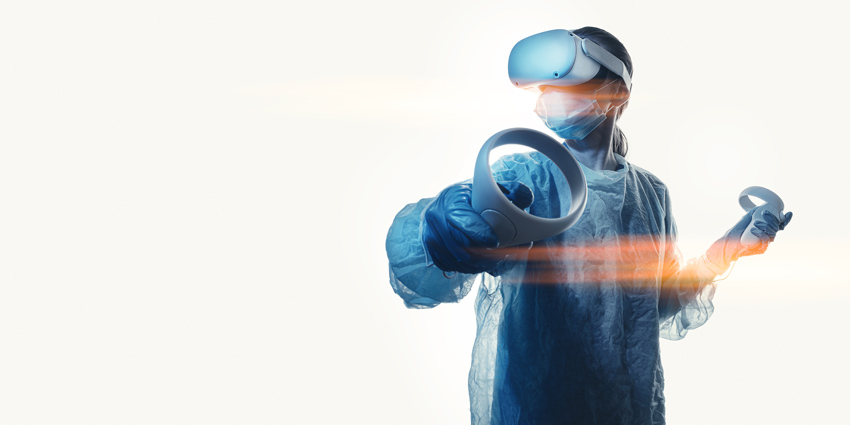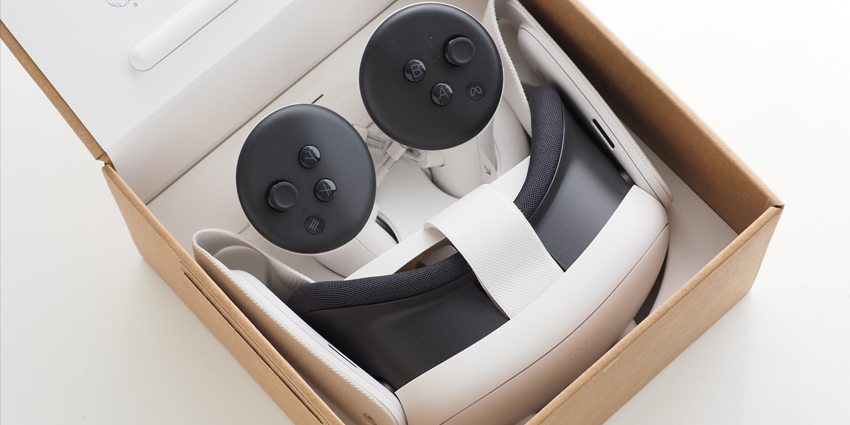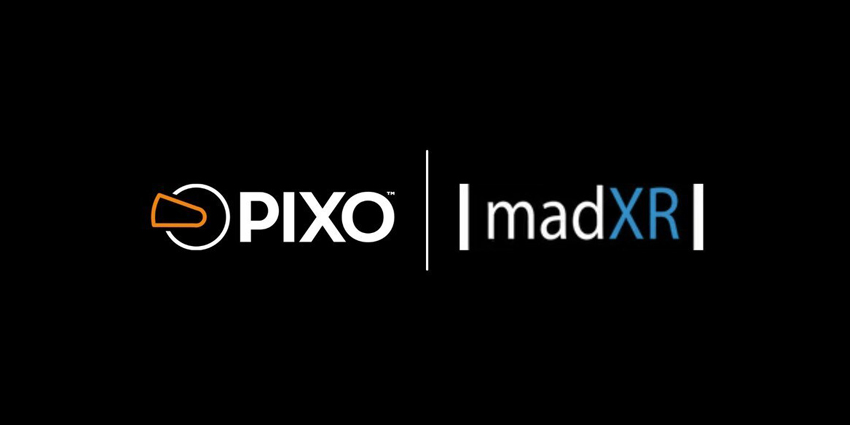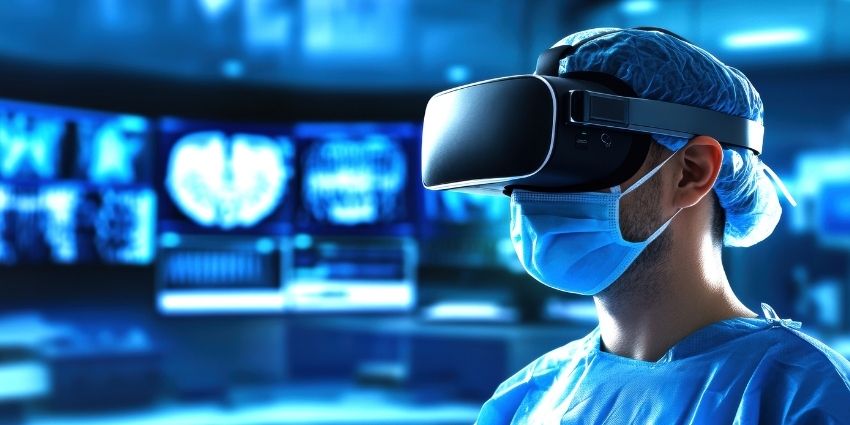Virtual reality (VR) healthcare clinics holds transformative potential for the healthcare industry. With it, doctors and professionals can provide a safe environment to treat patients with state-of-the-art immersive therapies.
According to an AI Multiple report, the global digital healthcare market is set to surpass $430 billion USD by 2028. Much of the growth in the medical sector comes after the post-COVID-19, triggering efforts to transform patient care with agile, digital solutions. Also, these aim to tackle the biggest challenges in healthcare to date.
Immersive Healthcare as an Emerging Technology
VR solutions allow healthcare professionals to engage patients with bespoke, simulated environments to provide medical education. This can include use cases such as surgery practise, pain management, or rehabilitation.
For example, the industry relies on the following technology components:
- VR hardware – Medical practitioners and patients can use VR headsets, controllers, trackers, and other hardware solutions to interface with real and immersive environments. For these, users can tailor devices to medical use cases, offering precise three to six degrees of flight (3DoF/ 6DoF), 5G and WiFi 6, and other specs.
- Virtual healthcare scenes—Virtual reality healthcare clinics can use immersive environments to treat patients. After entering these worlds, doctors can train in virtual operating theatres, rehabilitation gaming rooms, and meditative practices for mental health and wellness.
- 3D medical tools—VR also replicates medical tools in a digital form, which primarily includes surgical tools for training, diagnostics equipment, and other industry-specific objects. Expert designers craft these 3D models with high accuracy to ensure practical use.
- Digital twins—Digital twins allow doctors and patients to study 3D replicas of the human body, complete with full exploded view anatomy. This is instrumental in increasing engagement among students or providing doctors with a roadmap of a patient’s physiology to quickly resolve medical issues.
Additionally, the tools allow healthcare professionals to learn new skills. It also refreshes existing ones in a safe and secure environment for patients.
As a result, the healthcare industry is one of the largest adopters of VR, namely for surgical simulation, complex post-traumatic stress disorder (CPTSD) treatment, and robotic surgery training.
VR Healthcare Use Cases
While VR involves significant capital investment, adoption barriers are decreasing daily. Organisations have revealed several examples of rapid inroads into VR healthcare, which is expected to continue for several years.
VR Therapies
The organisation is a major charity in Northampton, England, which works with patients across the country using alternative therapies.
With VR, the company has sparked massive interest in VR as a treatment for numerous issues, including physiotherapy, speech pathology, CPTSD, dementia, and others. Charity founder Rebecca Gill, a former NHS nurse, opened doors to the world-first facility last year.
Her company has deployed Meta Quest 2, Pico, and HTC VIVE headsets to treat patients. Despite suffering a burglary on Christmas day, the charity recouped stolen equipment. This took place after supporters offered heartfelt donations to save the nonprofit.
Penumbra
Penumbra is a major supplier of medical VR solutions for rehabilitating patients. Using HTC VIVE headsets, the company can track patient outcomes from start to finish while documenting progress for healthcare providers.
The firm’s REAL System aims to facilitate positive patient outcomes with therapy plans as their virtual reality healthcare clinics. The system leverages immersive VR therapies to boost memory, concentration, and movement for patients seeking to reach tangible progress.
Hatsumi
The UK-based solution offers a safe space for patients with mental health issues to communicate their experiences to doctors and groups. A creative alternative to one-to-one and group therapy sessions, Hatsumi offers its interactive, colourful, and bespoke VR environments.
Also, the solution aims to better understand mental health experiences using the latest emerging technologies. These include hand and eye tracking, cognitive behavioural therapy, patient evaluations, and user journeys.
Rocket VR Health
Rocket VR Health recently inked a deal with the Massachusetts General Hospital to roll out a novel VR therapeutic platform for hospital patients.
The firm would supply VR solutions to patients recovering from post-hematopoietic cell transplantation (HCT) surgery. For example, patients suffering from leukaemia, lymphoma, myeloma, and other blood cancers require such treatments.
Patients receiving the treatment could speed up their typical 28-day hospital stay post-surgery. This would significantly improve the quality of life and fight feelings of isolation for those waiting in recovery.
Rendevor VR
The firm works with its MultiBrush immersive health and wellness solution to provide therapies for elderly patients. Using Meta Quest headsets, patients can use the device’s colour passthrough to paint interactive scenes in 3D. The tools help elderly people boost their mobility, brain functioning, and social skills by interacting with others in shared virtual spaces. Rendever’s solution earned it a placement on the TIME 100 list.
Virti
A global leader in immersive training, Virti offers bespoke training modules for studying human anatomy and performing surgeries. The London, England-based enterprise has aimed to upskill surgeons and healthcare professionals with its cutting-edge solution since 2017.
With the platform, doctors can tailor their learning modules to perform mock surgeries in virtual reality. This can offer unprecedented retention rates to prepare for complex procedures before entering the operating room. Also, similar programmes have allowed neurosurgeons to train remotely before separating conjoined twins.
Finally, noteworthy firms include Magic Leap, which received medical device certification, and ARuVR, which uses its interoperable training platform to instruct medical students on surgeries.







